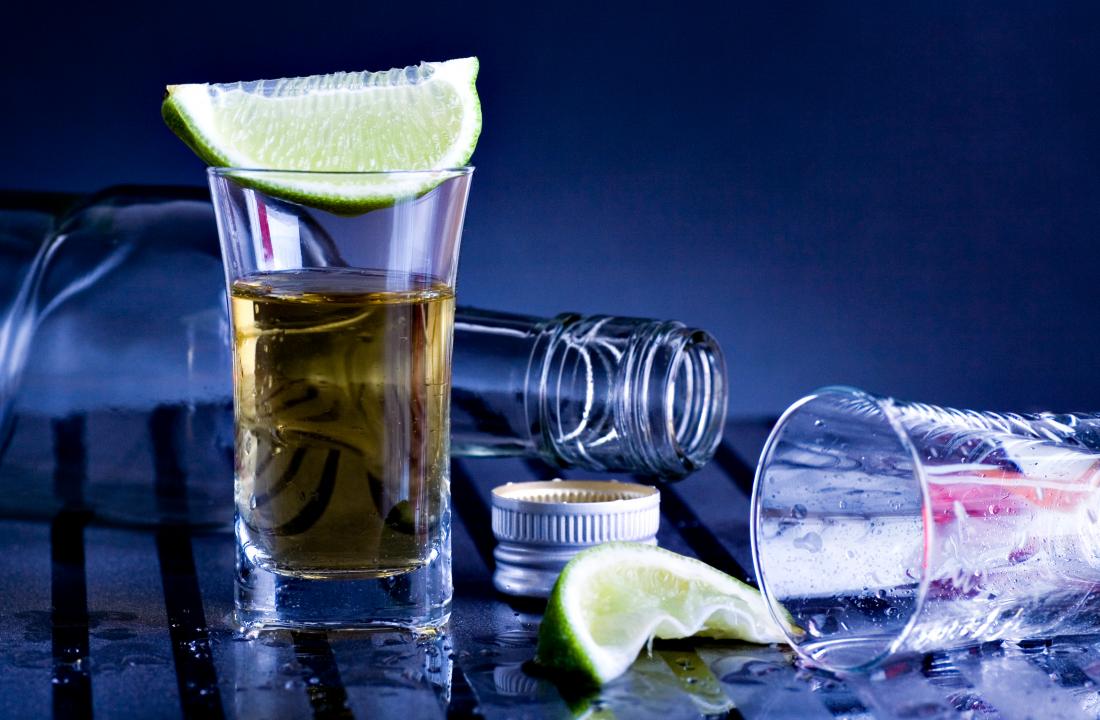Prone to binge drinking? This might be why

Why do some people only have one drink, whereas others find it difficult to stop? A neuroscientific study sheds light.
According to the most recent estimates, over 15 million adults in the United States — or over 6 percent of the population — have alcohol use disorder.
Approximately 88,000 people die from alcohol-related problems every year, making alcohol the "third leading preventable cause of death" in the United States.
In addition to alcohol dependence, alcohol brings about a number of other disorders, including liver cirrhosis and various forms of cancer.
However, what makes some of us crave alcohol so much, even when it's bad for us? One answer is dopamine, the so-called sex, drugs, and rock 'n' roll neurotransmitter.
Dopamine helps the brain learn new things, but it may also lead us down the path of addiction.
Dopamine earned its nickname because it is a feel-good chemical that is released as a reward for the brain when we learn new things or during pleasurable activities such as sex. It is also the substance that "tells" us to prolong the pleasure and continue to "chase the high."
In the case of alcohol dependence, when alcohol reaches the brain, it causes the neurons in a region called the ventral tegmental area (VTA) to release dopamine.
Until now, the precise molecular steps through which this occurred weren't clear. So, researchers at the Center for Alcohol Research in Epigenetics at the University of Illinois at Chicago (UIC) set out to investigate, and their findings shed new light on binge drinking and alcohol use disorder.
Mark Brodie, a professor of physiology and biophysics in the UIC College of Medicine, is the lead author of the study, which was published in the journal Neuropharmacology.
